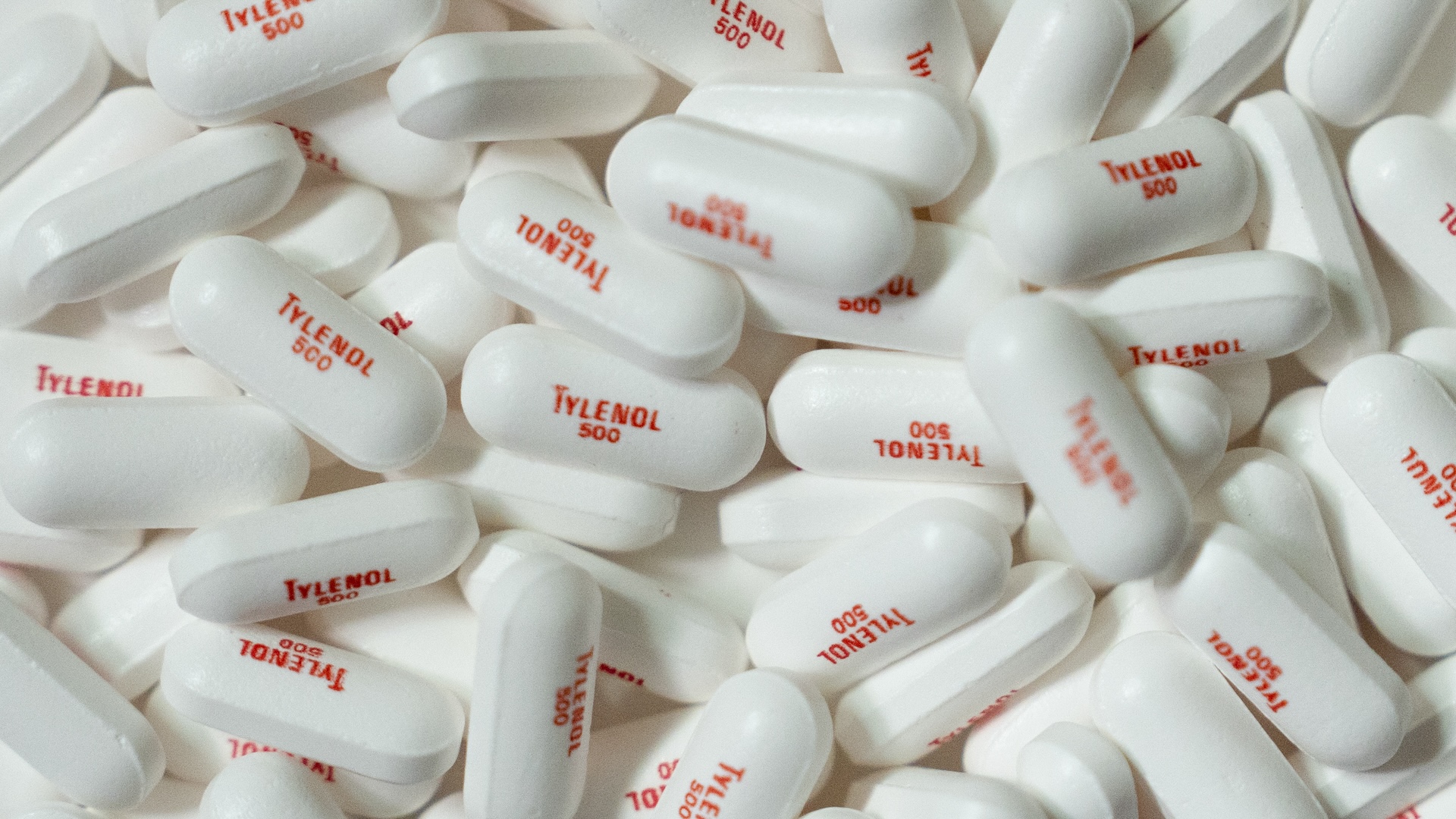The research scientist behind a study purporting to show a link between Tylenol use during pregnancy and increased rates of neurological disorders like autism spectrum disorder and ADHD was previously paid at least $150,000 to provide expert testimony for plaintiffs in a lawsuit against Tylenol’s then-manufacturer, Scripps News has learned.
The plaintiffs in that case, a group of parents and guardians of children later diagnosed with autism and ADHD, sought significant damages from Johnson & Johnson, alleging the use of Tylenol’s active ingredient acetaminophen contributed to their children’s diagnoses. Court filings reveal Dr. Andrea Baccarelli, then a professor at Columbia University Mailman School of Public Health, said in sworn testimony that he provided more than 200 hours of work on behalf of the plaintiffs at $700 per hour, totaling at least $150,000.
But Denise Cote, the federal judge overseeing the case in the Southern District of New York, ultimately dismissed the lawsuit and tossed out Baccarelli's expert testimony.
Baccarelli "cherry-picked and misrepresented study results and refused to acknowledge the role of genetics in the etiology" of autism and ADHD, Cote wrote in her opinion.
Appellate proceedings concerning the dismissal of the case are ongoing in the Second Circuit Court of Appeals.
In a statement obtained by Scripps News, Baccarelli — the current dean of the Harvard T.H. Chan School of Public Health — confirmed he consulted with the Trump administration ahead of its autism announcement. But he also distanced himself slightly from the conclusions suggested by Trump and his health officials that there was a definitive causal link between Tylenol use in pregnancy and autism.
"[E]evidence lends support to the possibility of a causal relationship between prenatal acetaminophen exposure and neurodevelopmental disorders, including autism," Baccarelli said. "Further research is needed to confirm the association and determine causality, but based on existing evidence, I believe that caution about acetaminophen use during pregnancy — especially heavy or prolonged use — is warranted."
Yet in his expert report provided in the Johnson & Johnson lawsuit, Baccarelli provided no such cautions.
"Substantial evidence supports a strong, positive, causal association between acetaminophen and Neurodevelopmental Disorders (NDDs) — particularly Attention‐Deficit/Hyperactivity Disorder (ADHD), Autism Spectrum Disorder (ASD), and their related symptoms," he wrote.
It's not unusual for researchers to provide expert testimony in these sorts of lawsuits, experts say, but that Baccarelli was paid $150,000 by a group suing Tylenol's manufacturer over supposed autism links raises greater scrutiny into the veracity of his research.
Already, dozens of medical and public health groups have decried the Trump administration’s claims on acetaminophen and Tylenol, while the drug’s current manufacturer, Kenvue, says it's safe and “disagree[s] with any suggestion otherwise and are deeply concerned about the health risks and confusion this poses for expecting mothers and parents.”
Baccarelli did not immediately respond to inquiries from Scripps News about the lawsuit, his testimony or the White House event.
RELATED STORY | Trump links Tylenol in pregnancy to autism despite contested science
Asked about Baccarelli’s participation in the lawsuit, a White House official pointed to other recent studies that have identified a potential link between prenatal acetaminophen use and neurological disorders.
“Him being a paid witness or not, like, there are other studies here by people who are not paid witnesses,” the official, who declined to speak on the record, told Scripps News.
Indeed, at least two studies conducted in recent years have identified a possible association between acetaminophen use and autism, though decades of past research — including a 2024 study of 2.5 million children — found no such link. Medical experts have also cautioned that correlation between Tylenol use and autism does not equate to causation, and that other confounding factors may be at play.
Trump’s remarks during Monday’s announcement, meanwhile, went far beyond the conclusions of his medical advisors.
Whereas the official letter sent by the Food and Drug Administration to physicians urged them to “consider minimizing the use of acetaminophen during pregnancy for routine low-grade fevers,” Trump repeatedly told pregnant women: “Don’t take it.”
Pressed on those comments, White House official said Trump “obviously has his own speaking style and his own communication style, that's what makes him the authentic character he is.”
RELATED STORY | OB-GYN pushes back on Trump’s Tylenol-autism claims, citing lack of evidence





